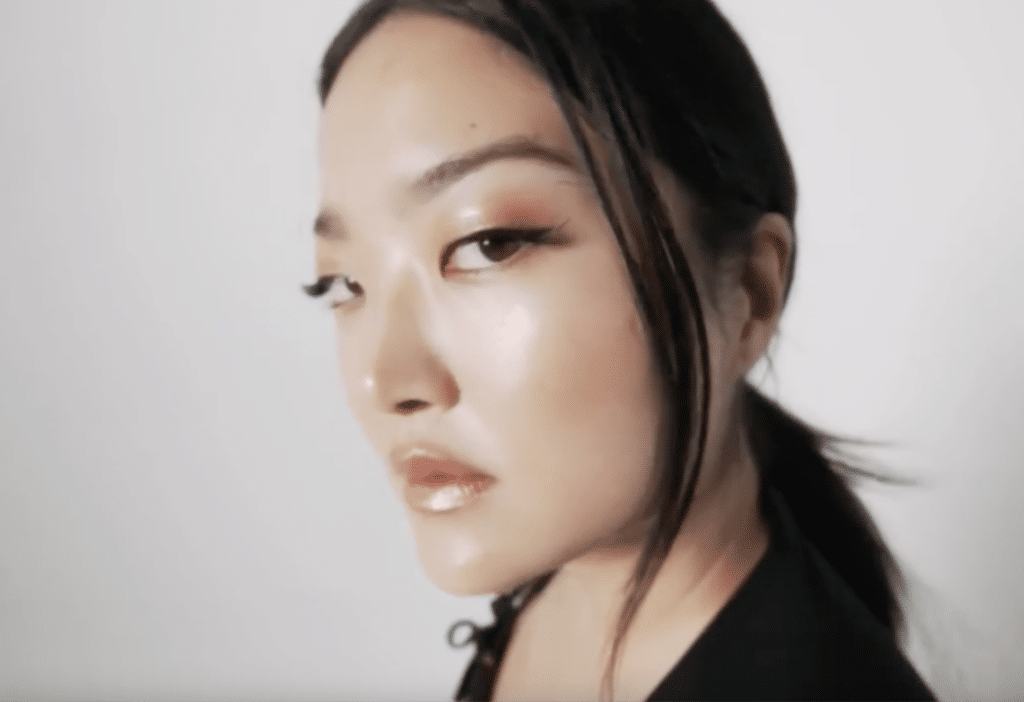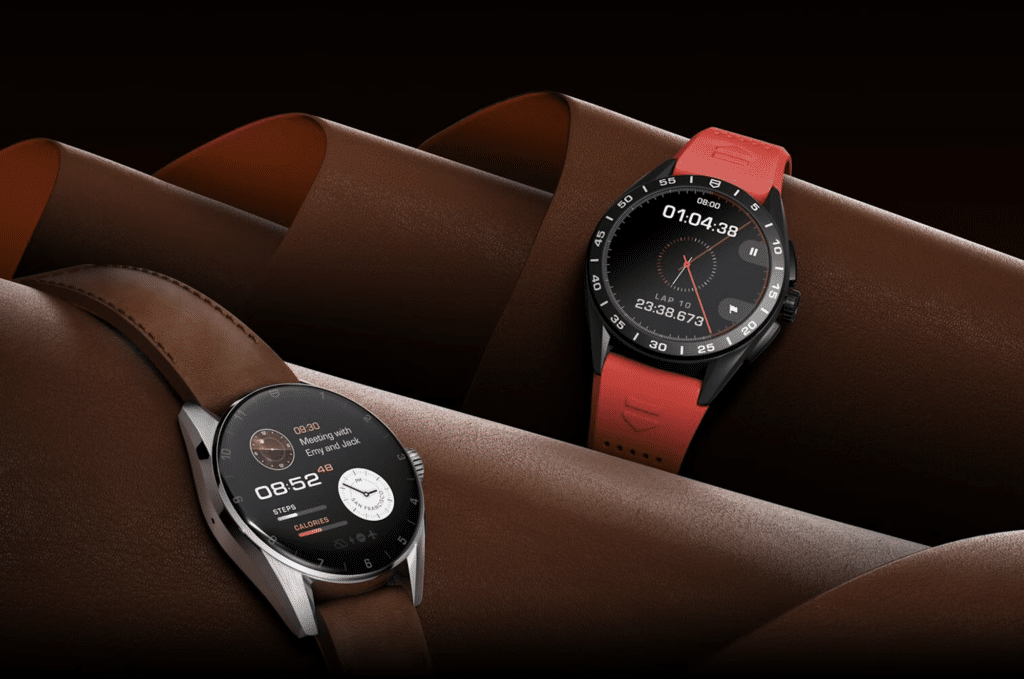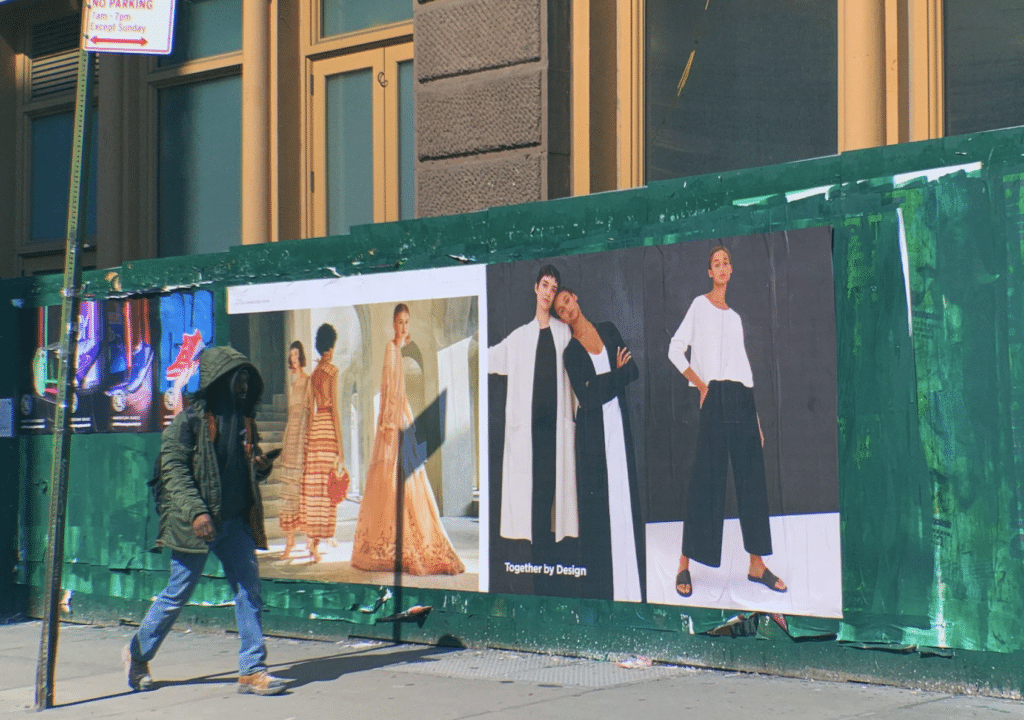The U.S. Court of Appeals for the Ninth Circuit has handed Instagram a win in the latest round of a legal battle over embedded imagery. In a decision on Monday, the federal appeals court held that the “Server Test” – which came from the Ninth Circuit in the Perfect 10, Inc. v. Amazon.com, Inc. case in 2007 and “essentially stands for the proposition that a website does not legally ‘display’ a copyrighted image if that website does not communicate the work to viewers from a copy of that image stored on its own servers” – shields the Meta-owned photo and video-sharing app from copyright infringement liability for images that are shared with its embedding API.
Some Background: Photographers Alexis Hunley and Scott Brauer first filed suit against Instagram in May 2021, accusing it of engaging in “scheme to generate substantial revenue for its parent, Facebook, Inc.” – now Meta Platforms – by “encouraging third party online publishers … to use the embed tool [on its app] to display copyrighted works without [the necessary] license or permission from the copyright owners.” In the process, Instagram “misled the public” into believing that “anyone is free to get on Instagram and embed copyrighted works from any Instagram account, like eating for free at a buffet table of photos,” they argued in their complaint. Against that background, Hunley and Brauer asserted that Instagram should be held secondarily liable for copyright infringement.
In a decision in September 2021, Judge Charles Breyer of the U.S. District Court for the Northern District of California granted Instagram’s motion to dismiss, finding that it is not liable for copyright infringement because its embedding tool does not require a website publisher to store a copy of an image or video, thereby, upholding the Ninth Circuit’s server rule. The district court’s determination prompted Hunley and Brauer to appeal to the Ninth Circuit.
Among other things, Hunley and co. claimed that the court erred in its overly broad application of the “server test,” as no court has expanded the server test to apply to embedding technology from Instagram to third-party publisher sites.
Siding with Instagram, the Ninth Circuit held that “[b]y posting photographs to her public Instagram profile, Hunley stored a copy of those images on Instagram’s servers. By displaying Hunley’s images, Instagram did not directly infringe Hunley’s exclusive display right because Instagram had a nonexclusive sublicense to display these photos.” The opinion, written by Judge Jay Bybee, further states that “because BuzzFeed and Time embedded – but did not store – the underlying copyrighted photographs, they are not guilty of direct infringement. Without direct infringement, Hunley cannot prevail on any theory of secondary liability.”
As such, the Ninth Circuit panel found “no error in the judgment of the district court.”
THE BIGGER PICTURE: While the Ninth Circuit has upheld its test in the case at hand, other courts have refused to do so. The Second Circuit’s district courts, for instance, have not applied Perfect 10 when faced with similar facts. After all, Judge Breyer’s decision in the Hunley case followed shortly after Judge Jed Rakoff of the U.S. District Court for the Southern District of New York rejected the “server test” in a similar context in Nicklen v. Sinclair Broadcasting Group, holding that the Ninth Circuit’s test is “contrary to the text and legislative history of the Copyright Act, [which] defines ‘to display’ as ‘to show a copy of’ a work, not ‘to make and then show a copy of the copyrighted work.’”
Fellow SDNY Judge Katherine Failla followed suit in McGucken v. Newsweek LLC, and declined to apply the server test, holding that Newsweek did, in fact, display plaintiff’s photograph by embedding it within its article. Still yet, in an earlier decision in 2018, Katherine Forrest similarly shot down the test in her decision in Goldman v. Breitbart News Network.
The case is Alexis Hunley and Matthew Scott Brauer v. Instagram, LLC, 3:21-cv-03778 (N.D. Cal.)














